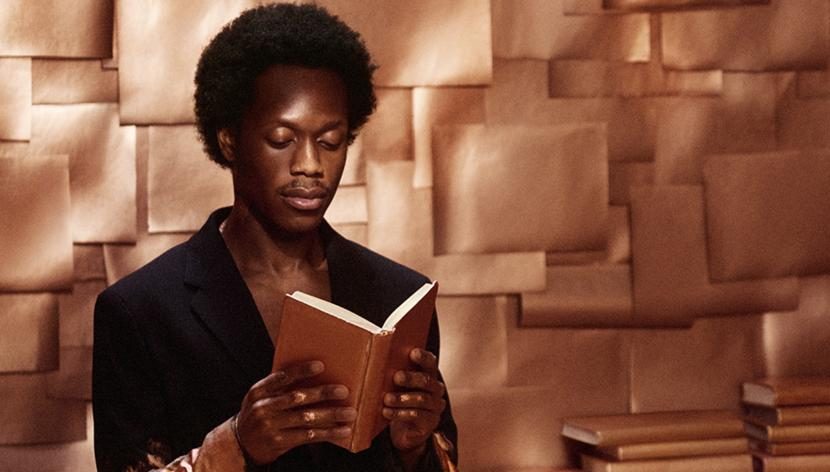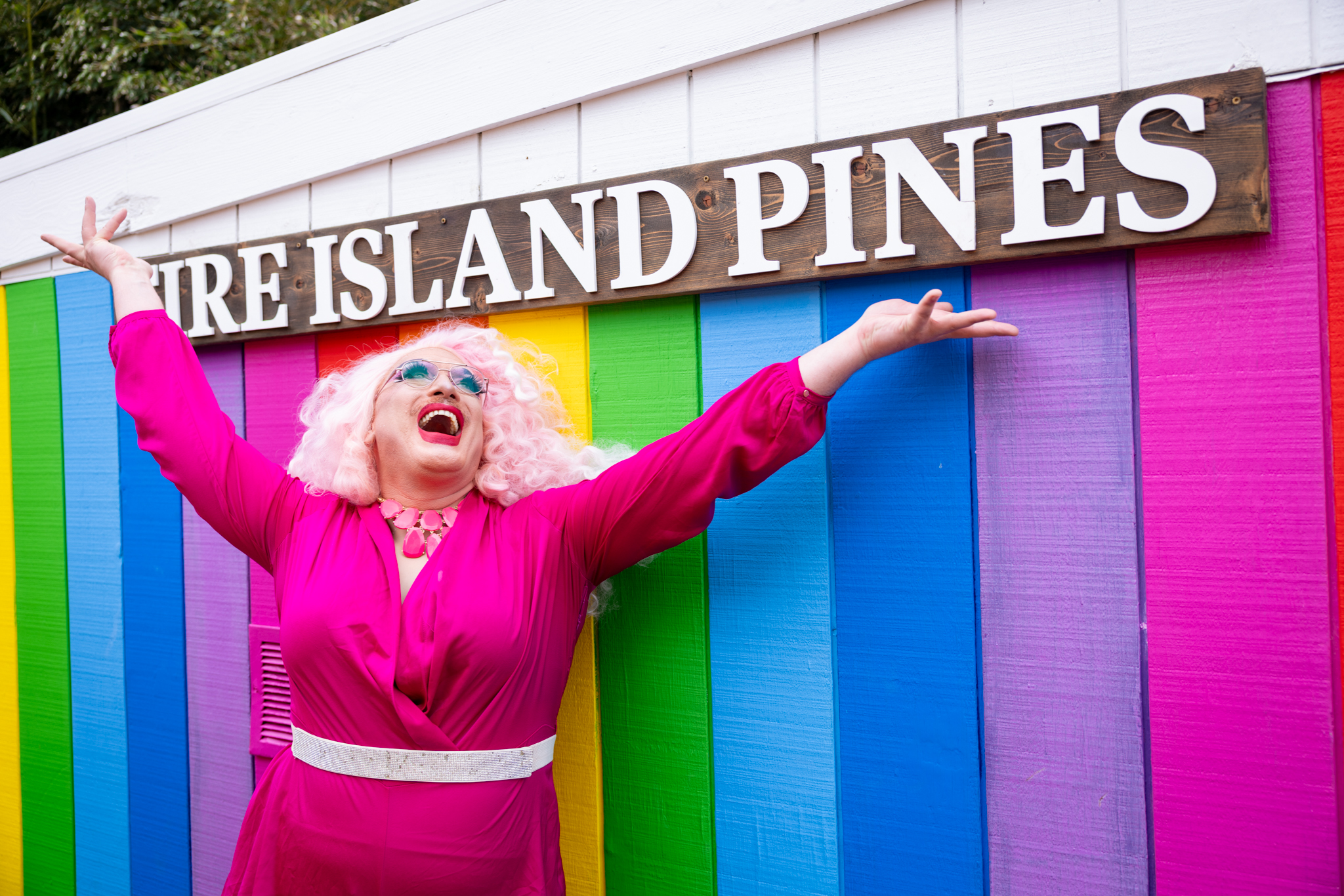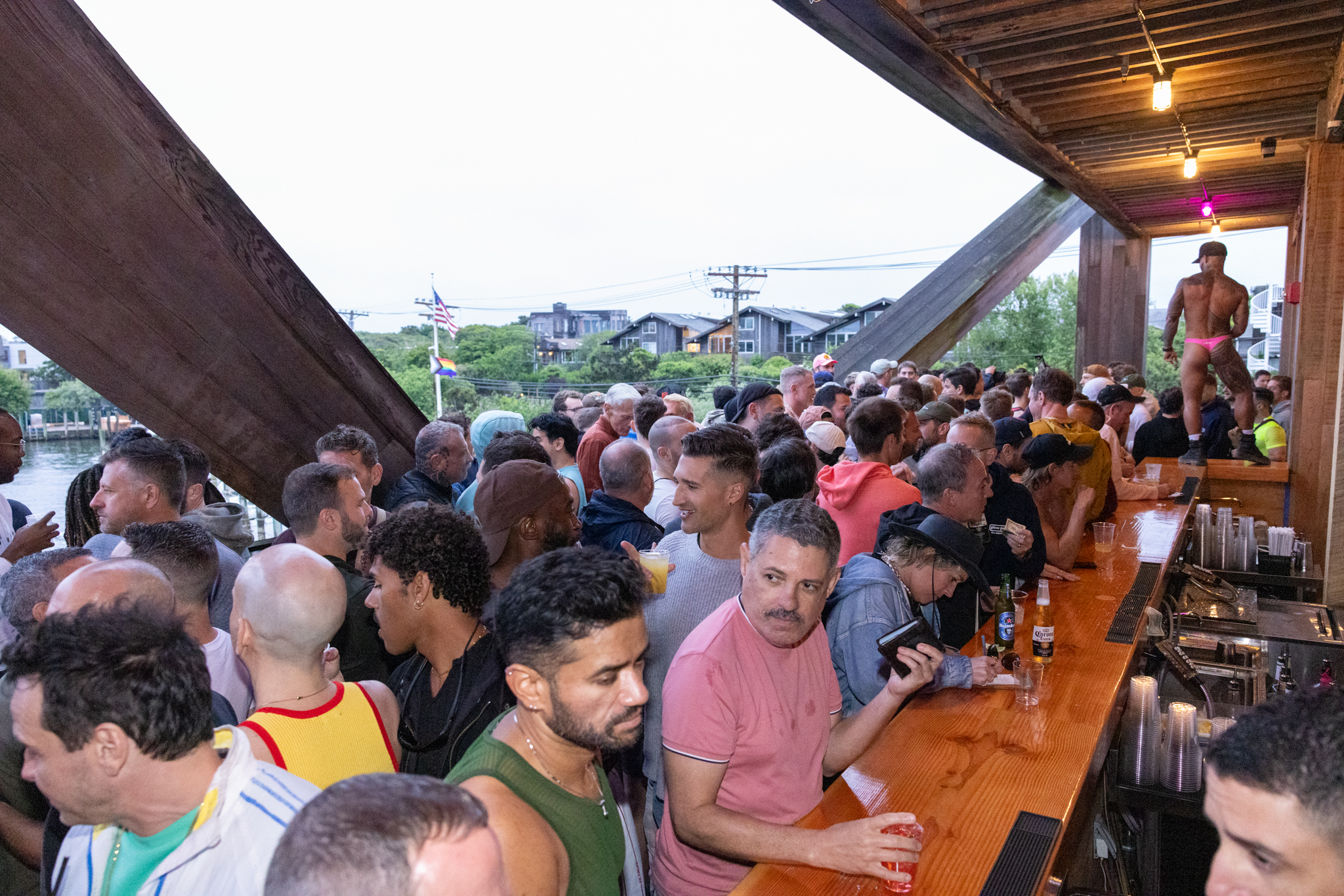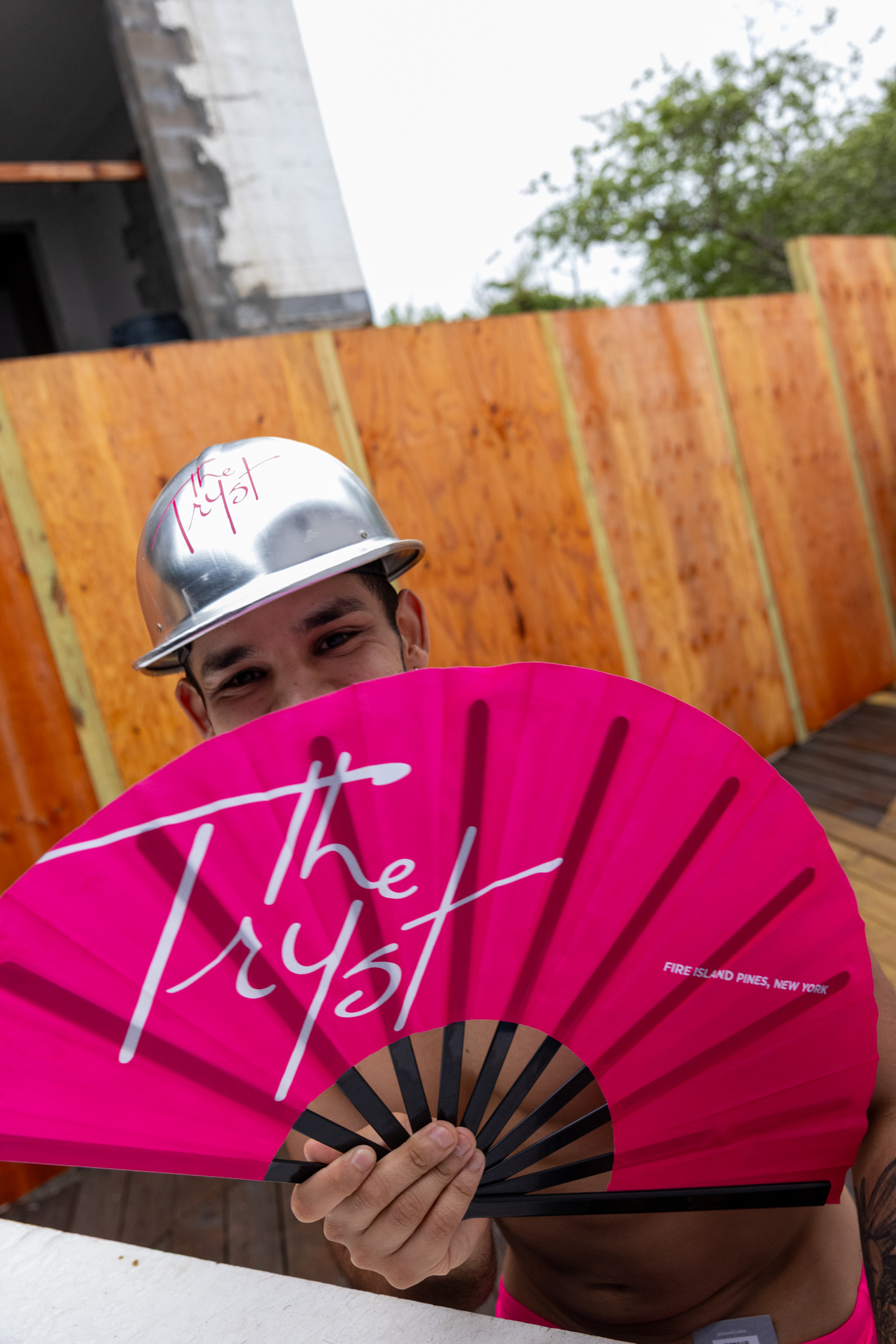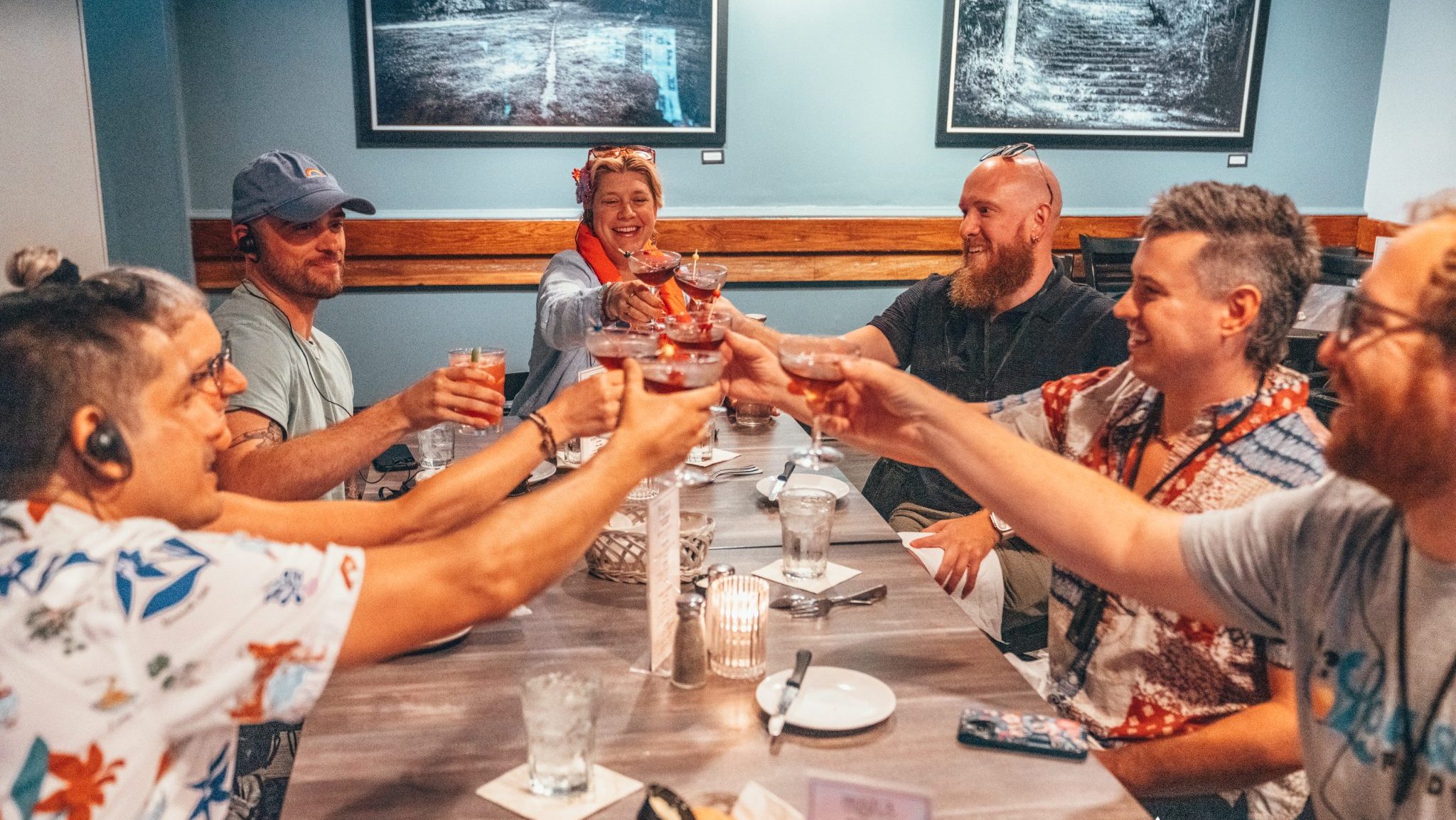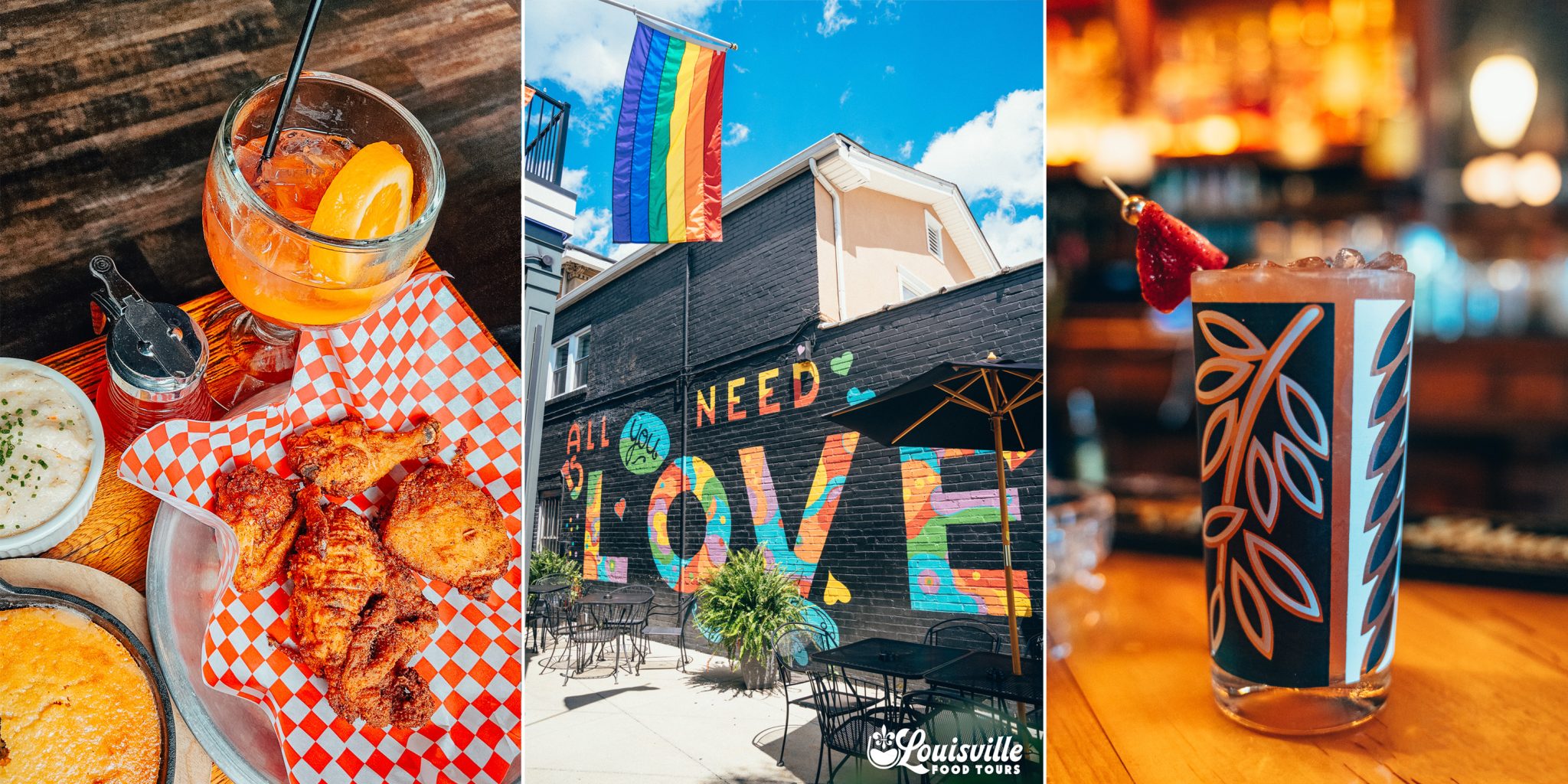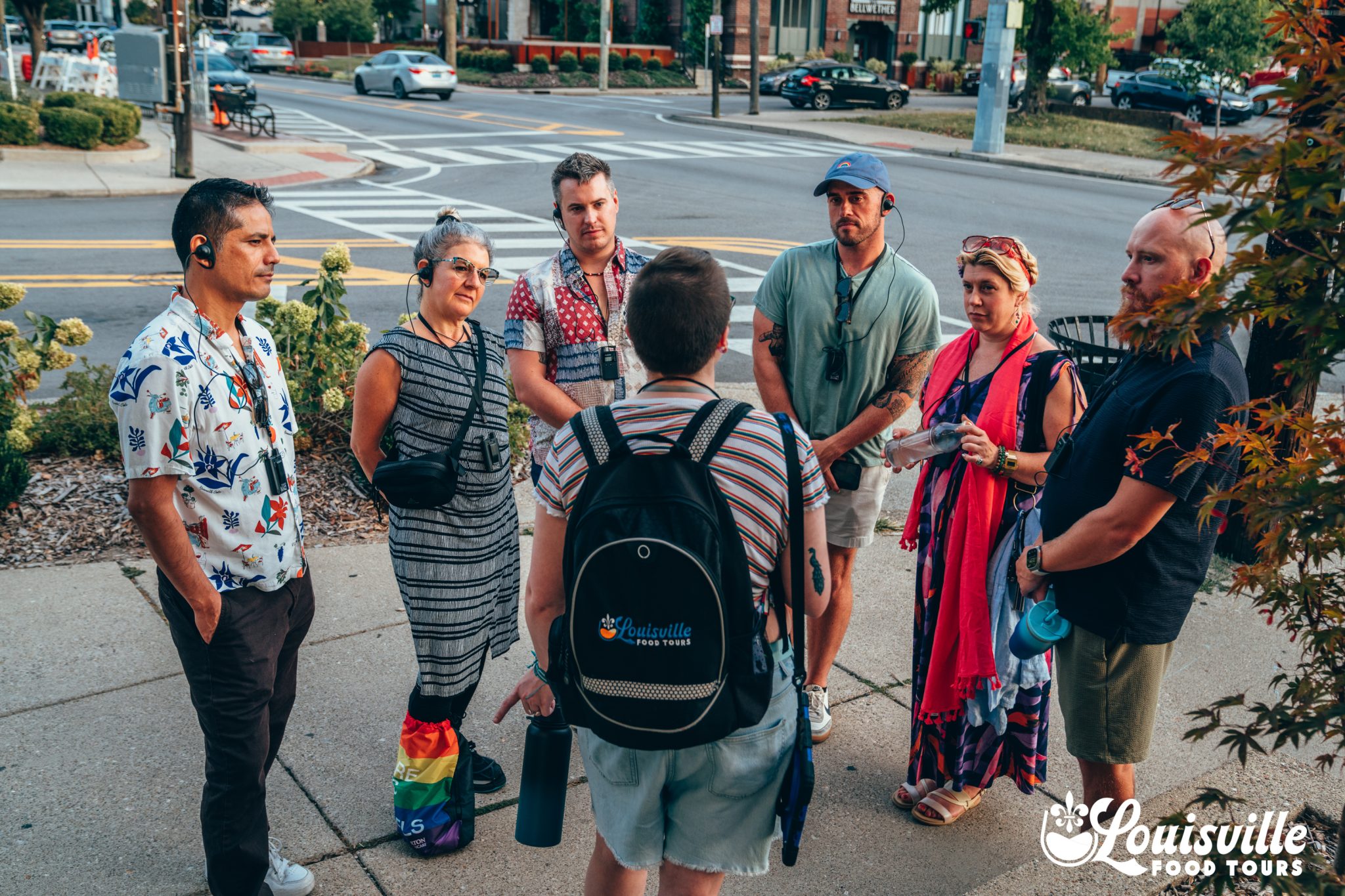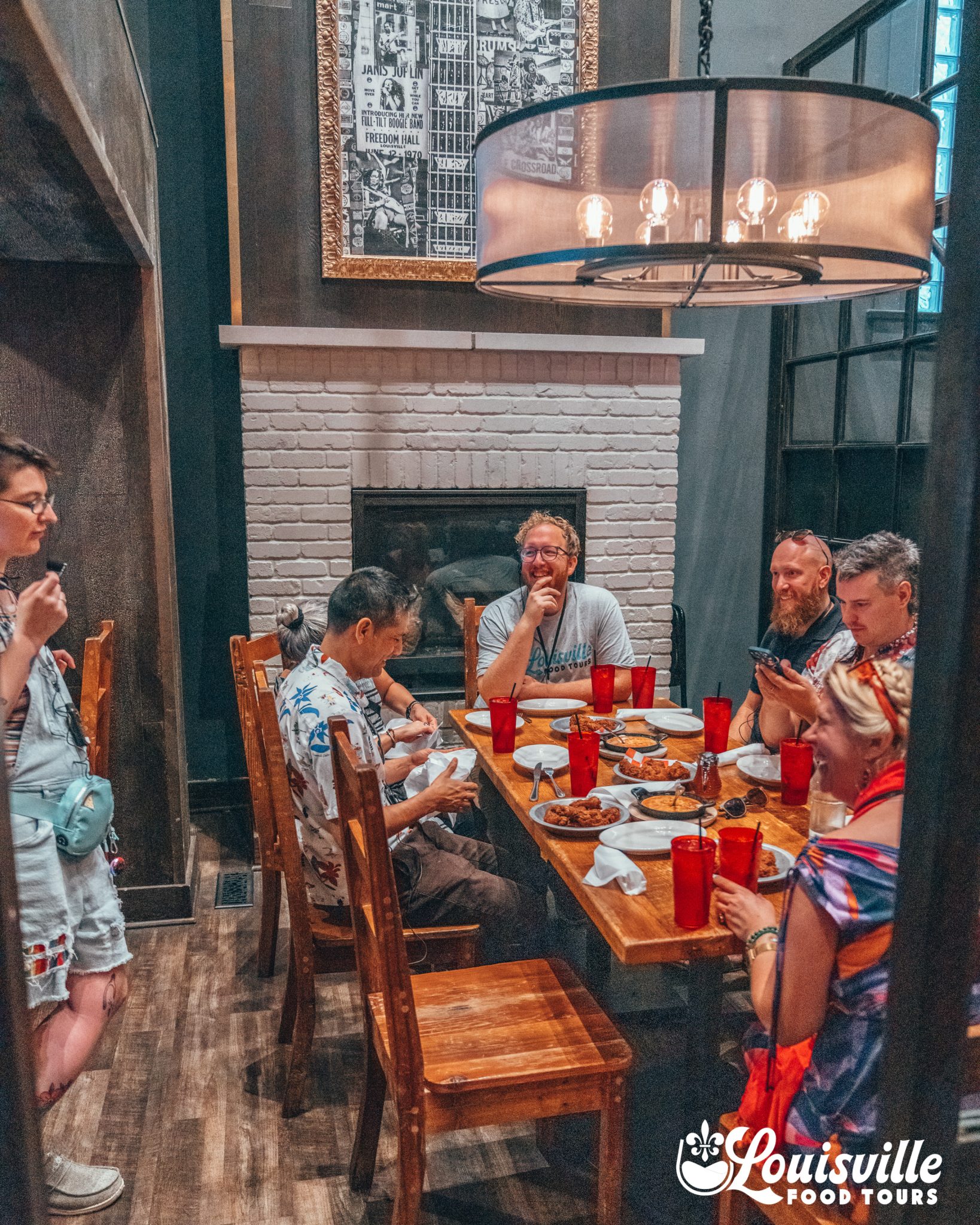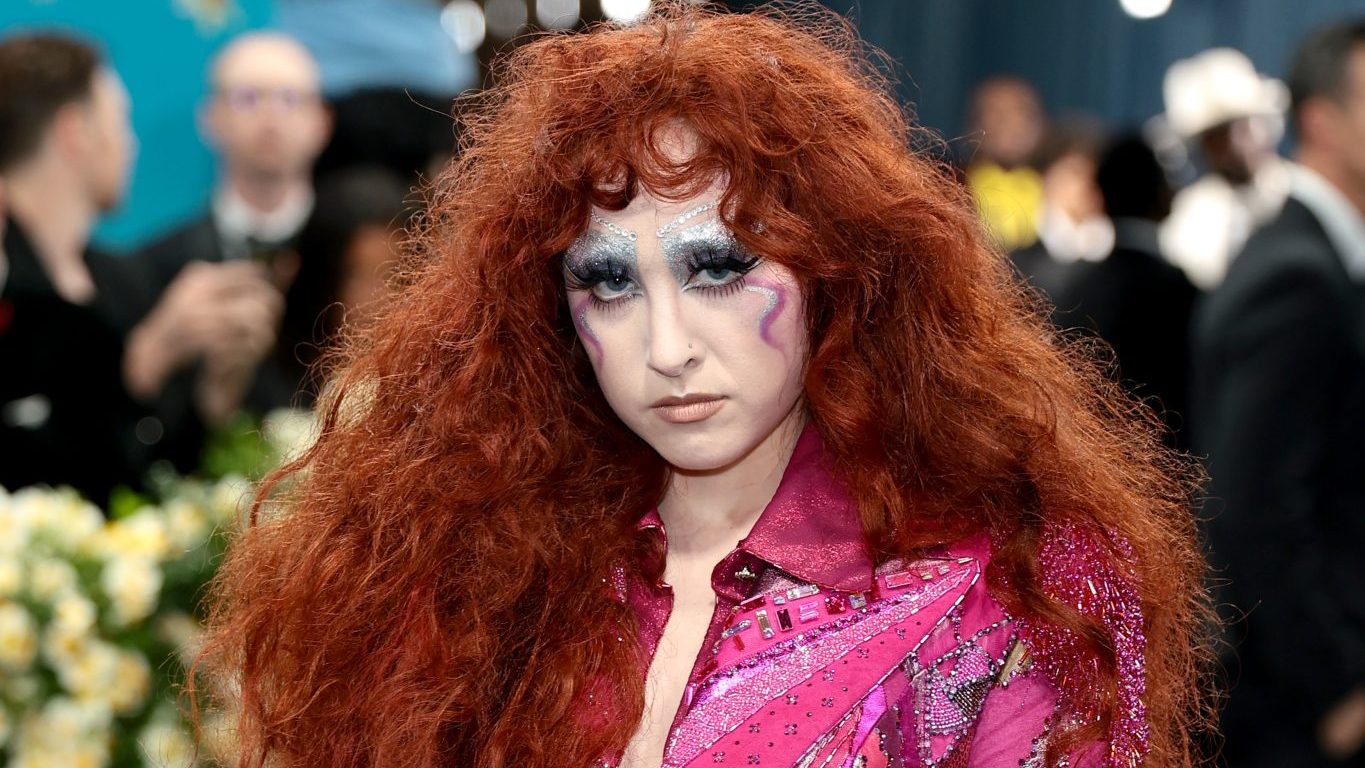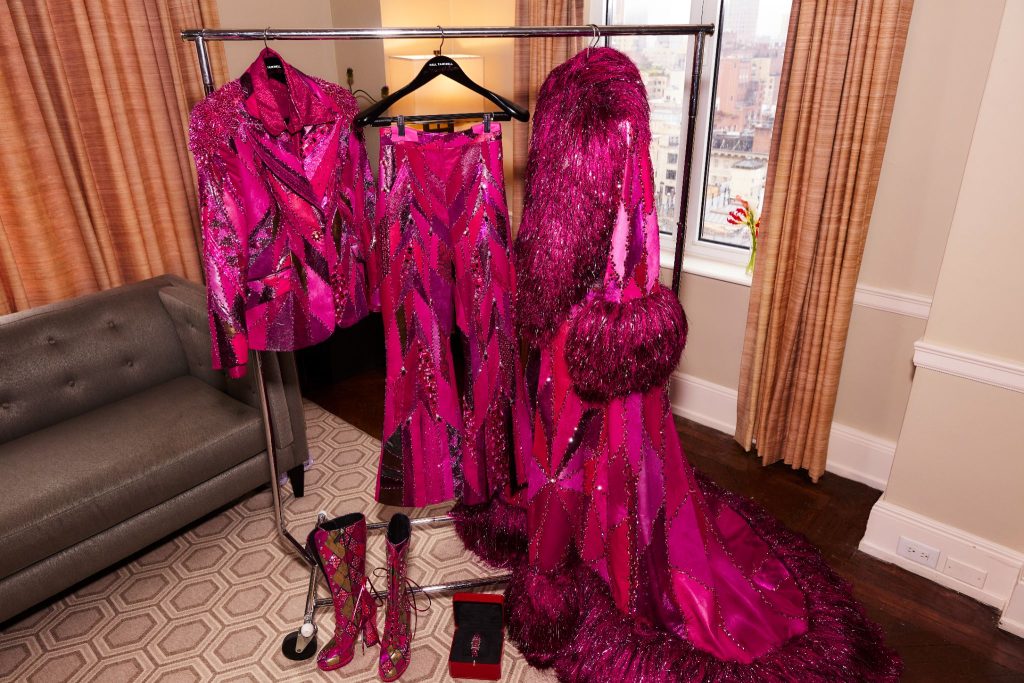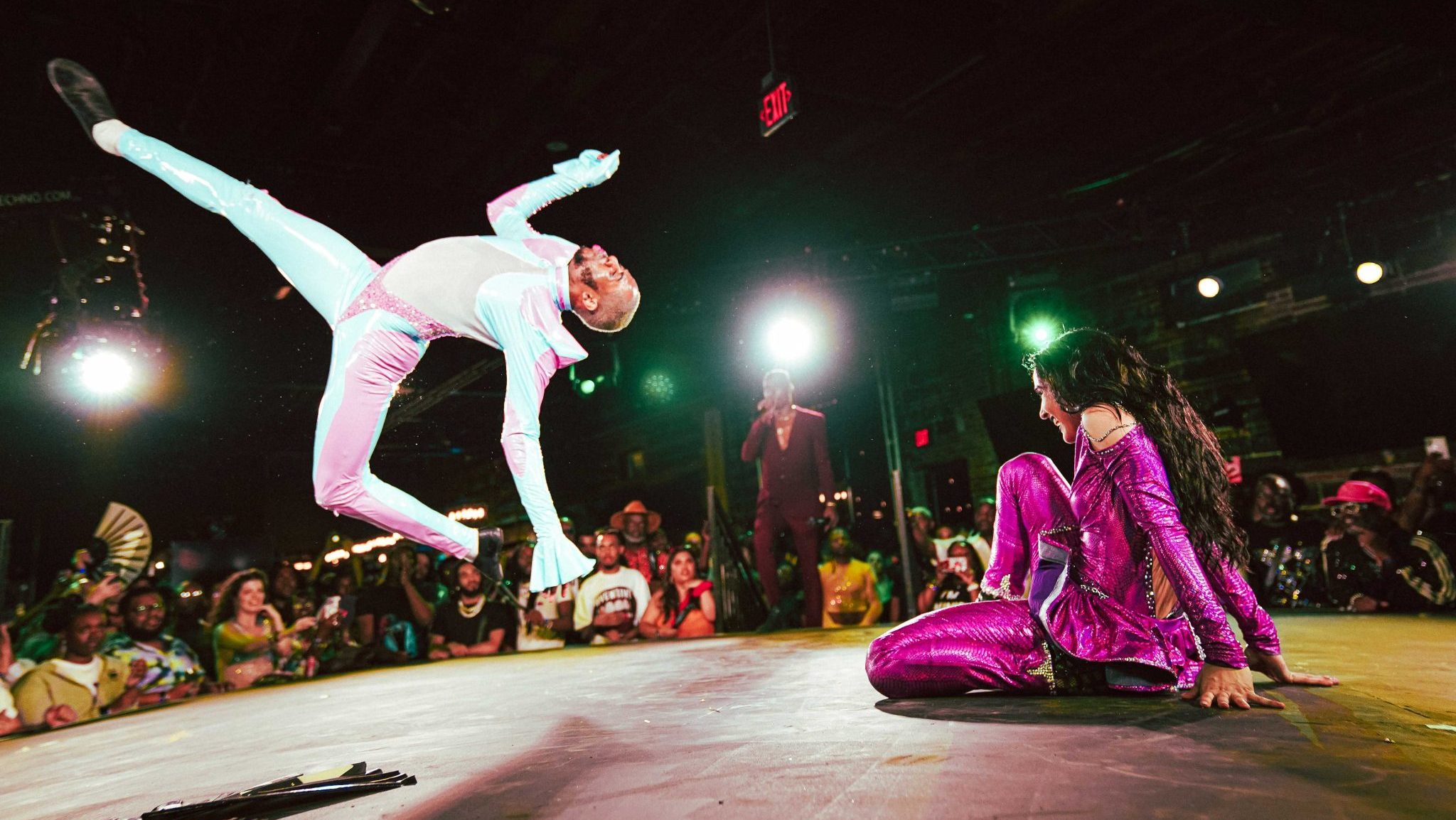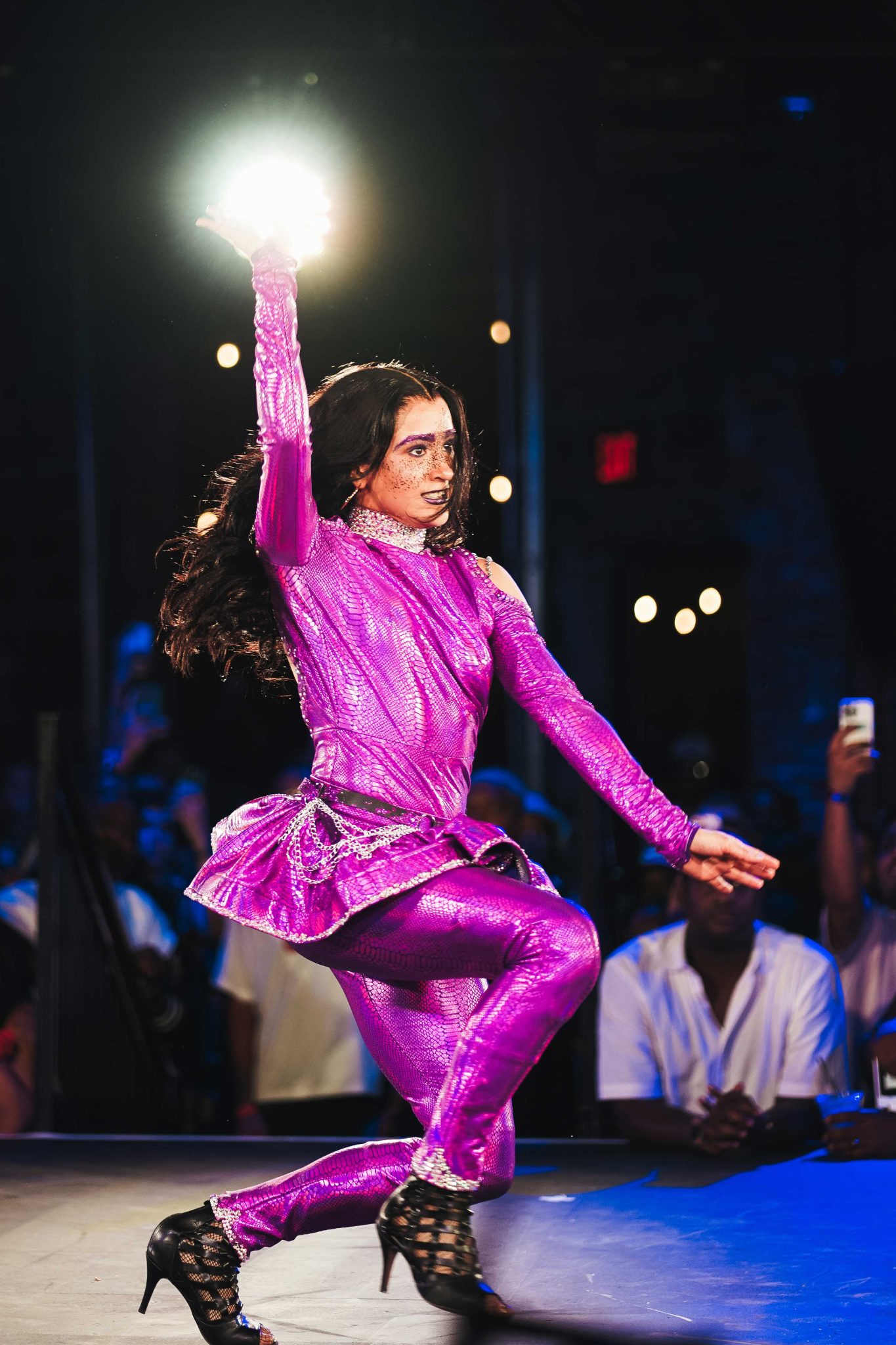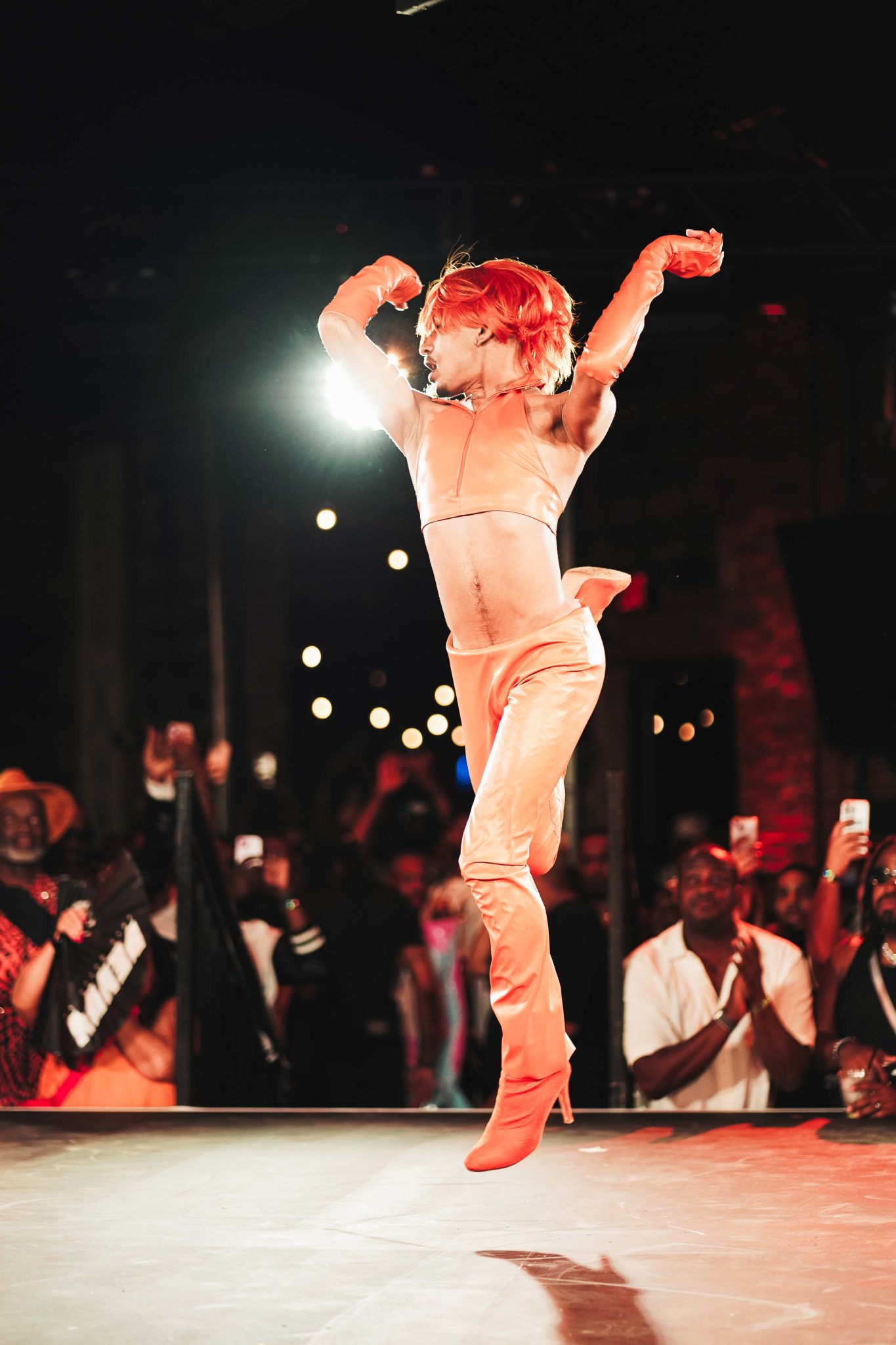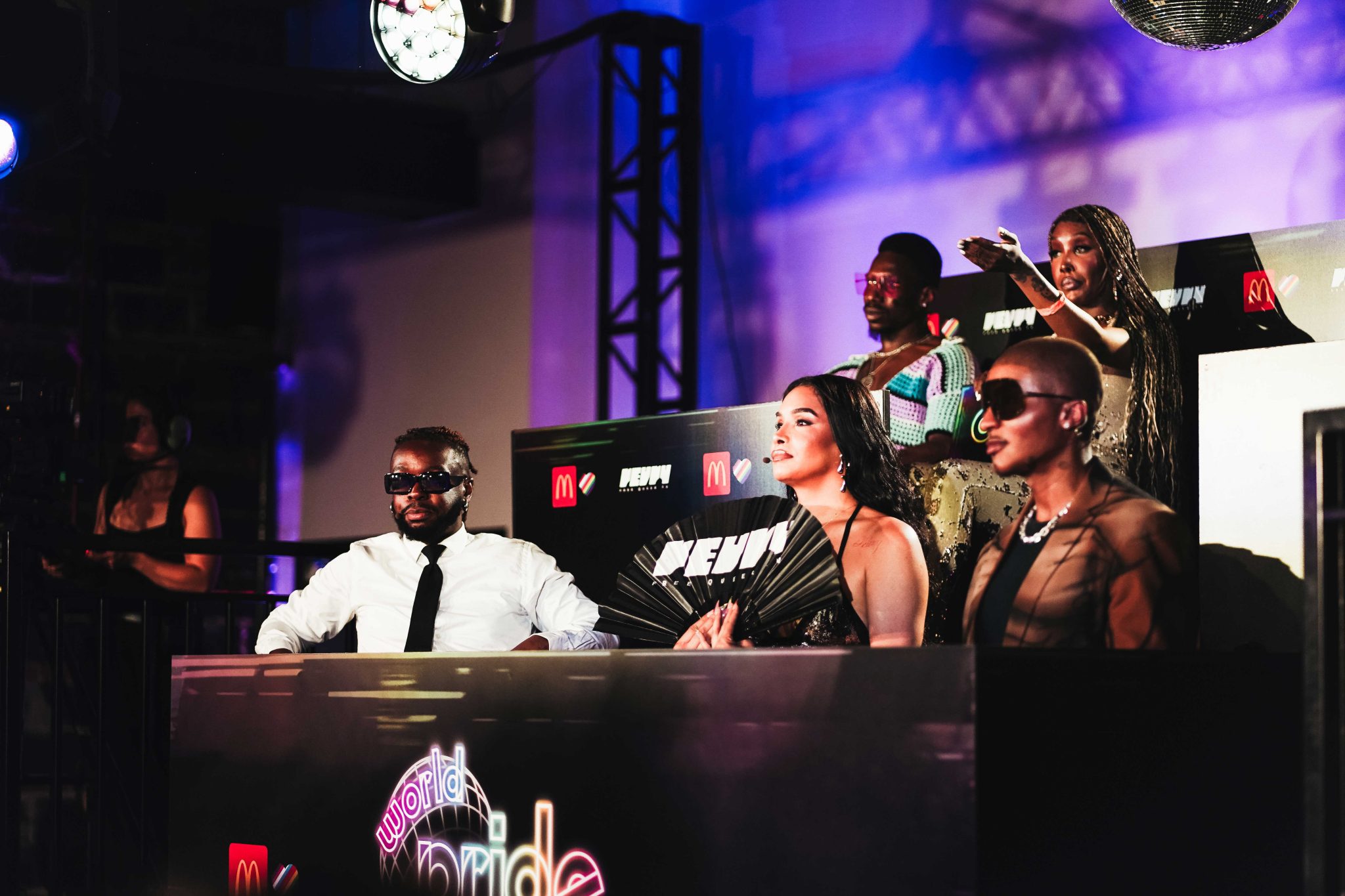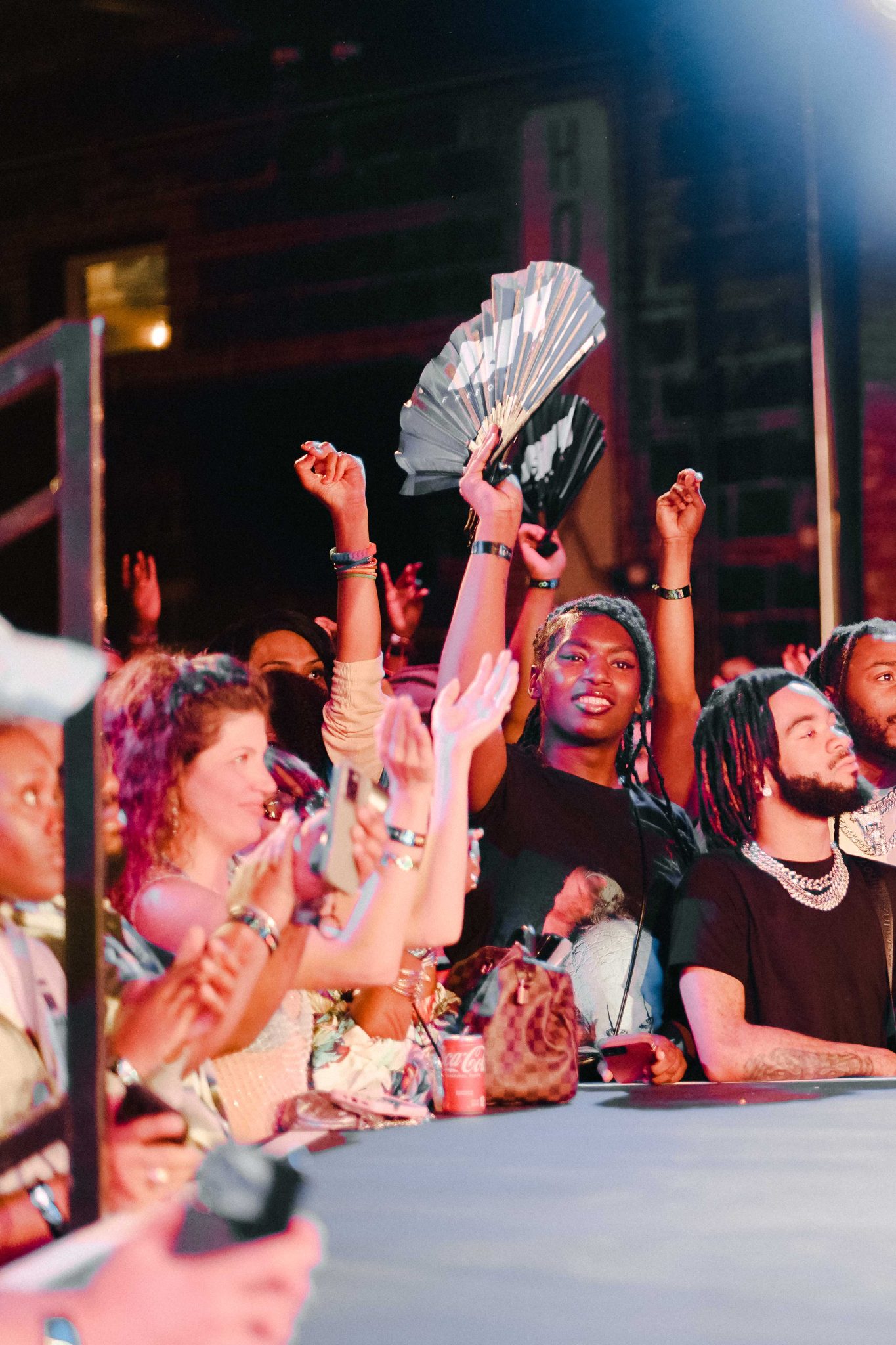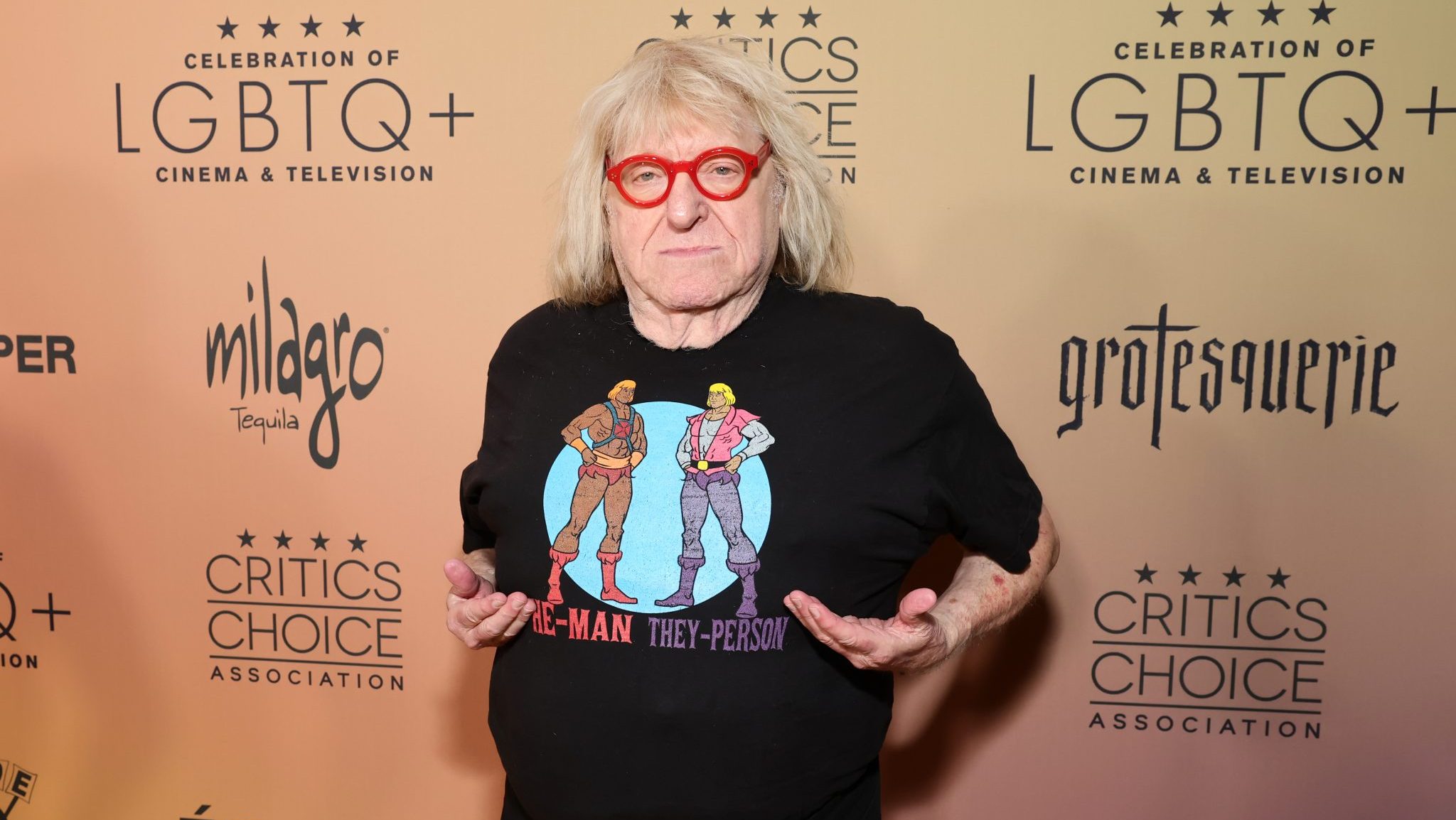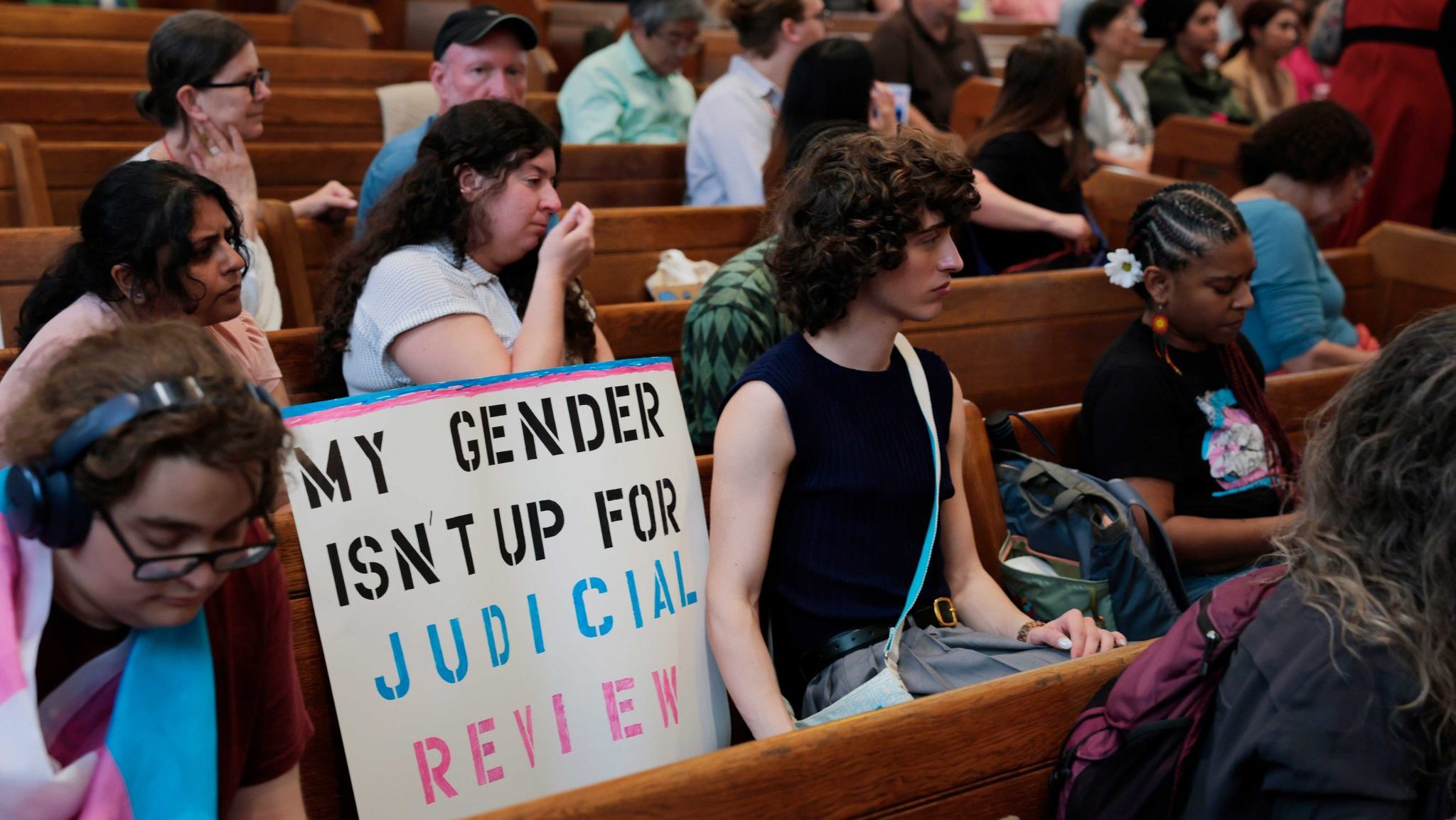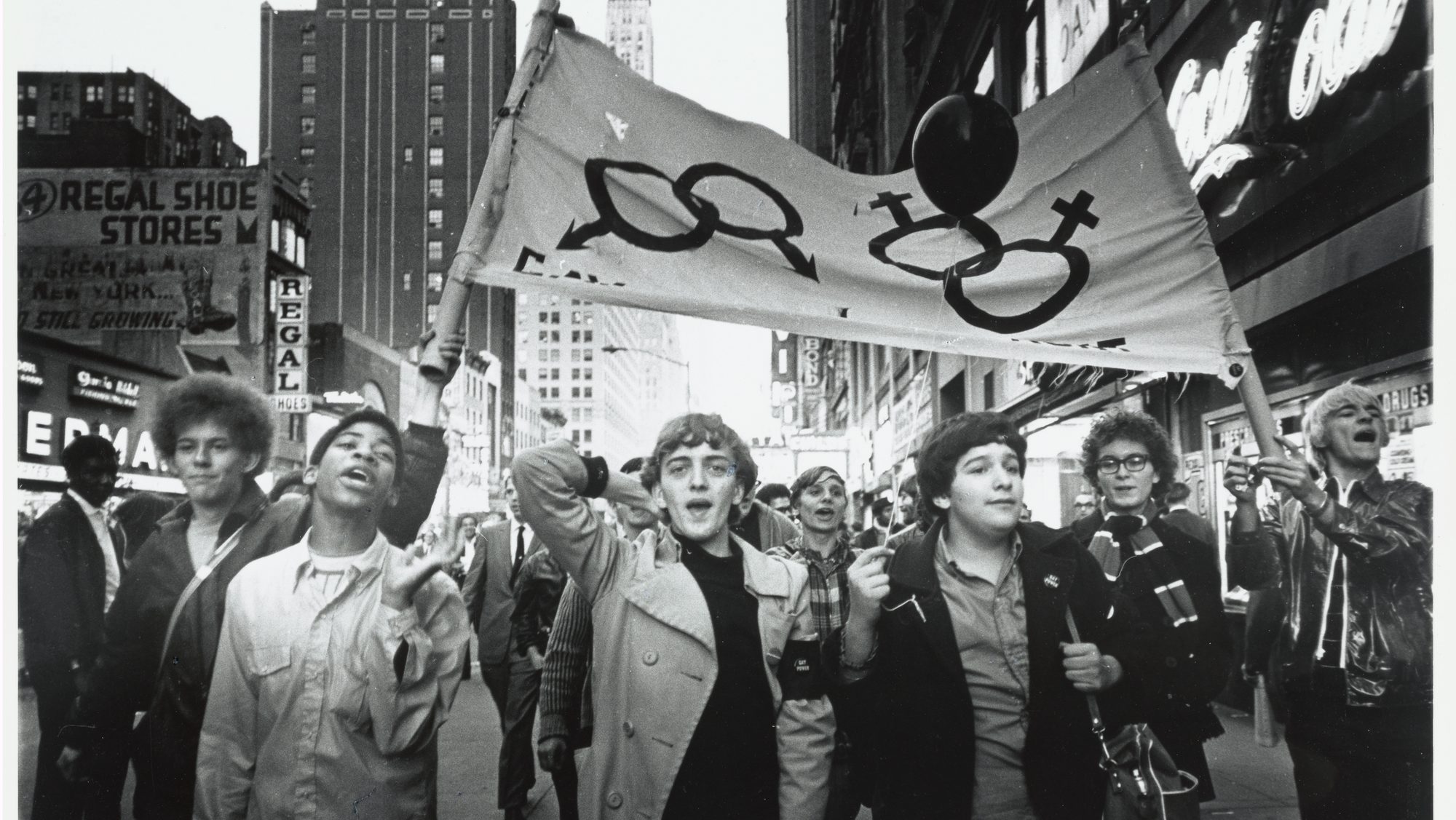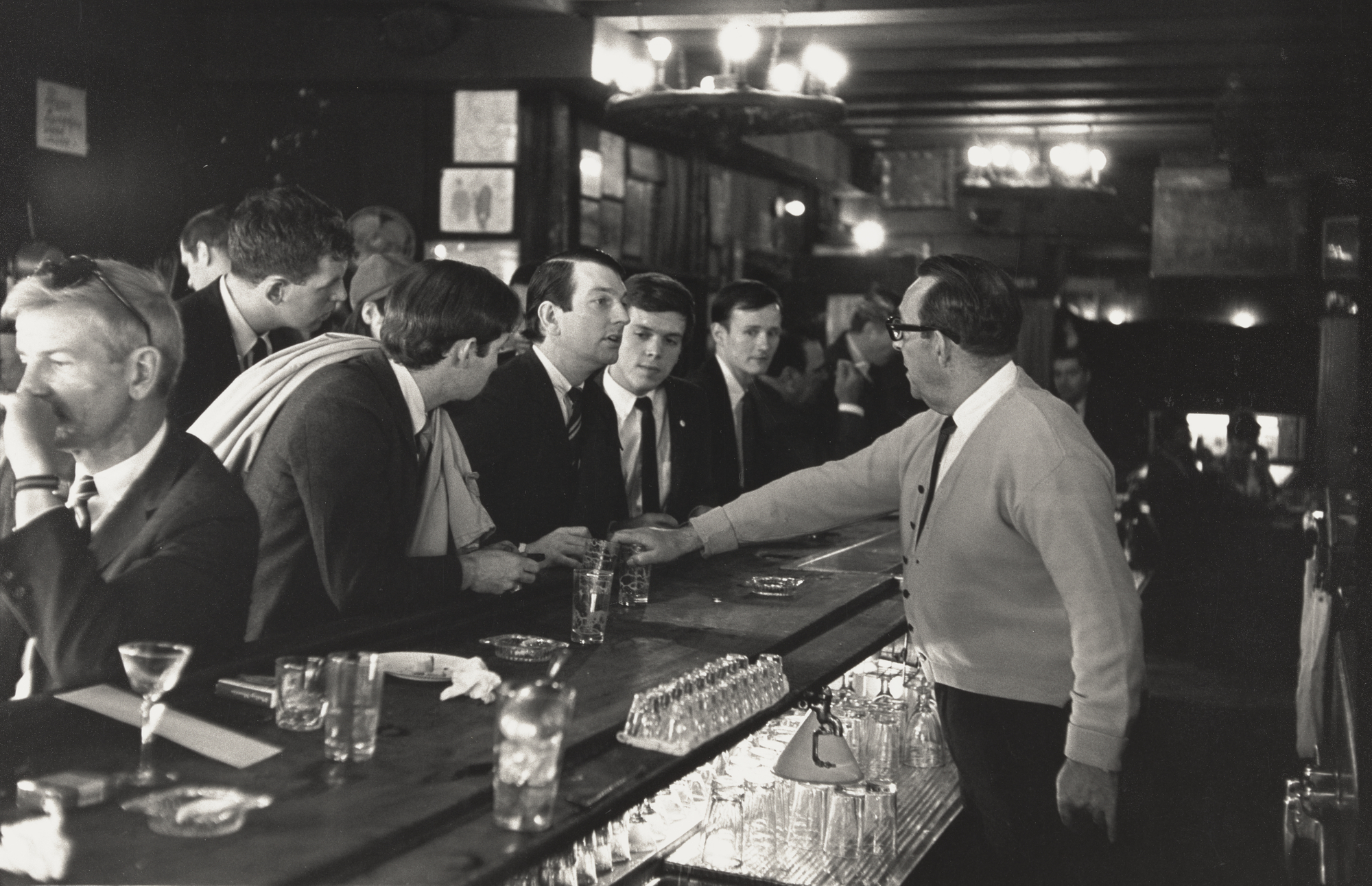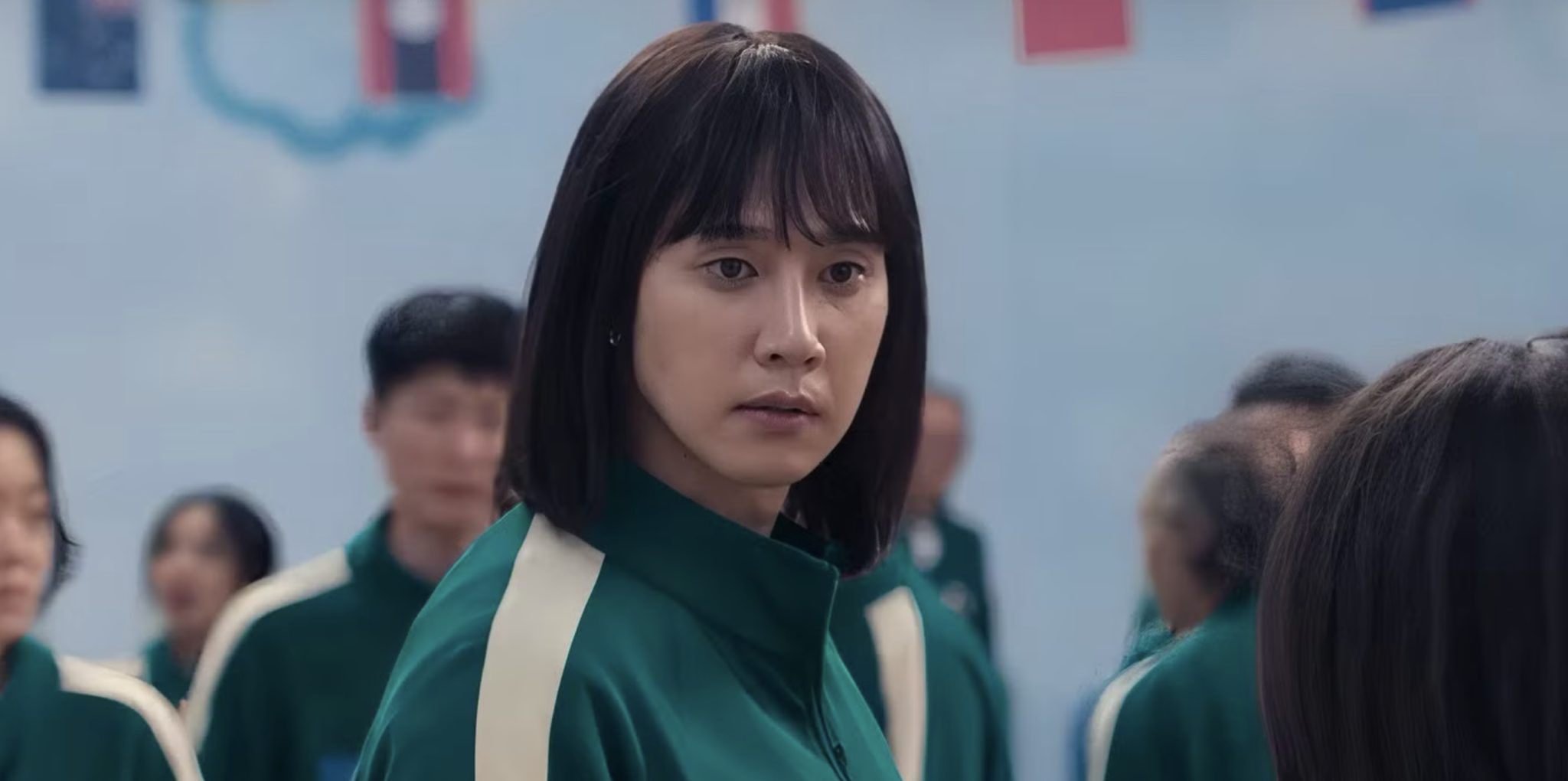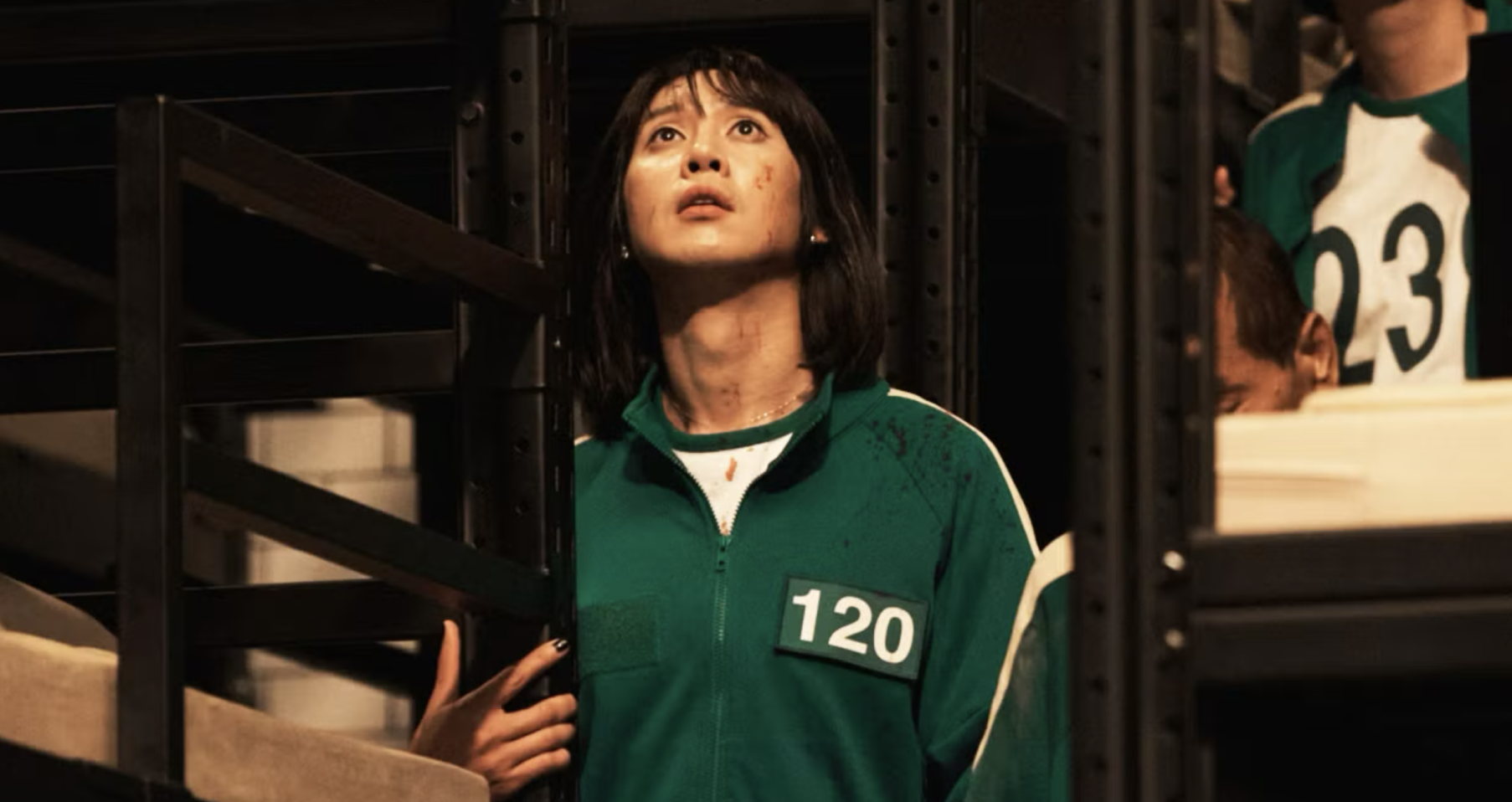In an age when queer voices are still being silenced, books banned, and expression challenged, Aesop’s Queer Library offered something quietly radical: space, visibility, and freedom. From June 26–29, select Aesop stores in New York City, Los Angeles, and Toronto were transformed into sanctuaries of queer literature. Shelves usually lined with skincare were instead brimming with free books by LGBTQIA2S+ authors and allies—no purchase required.
This year marked the 2025 return of the Aesop Queer Library, an ephemeral but impactful installation rooted in the belief that queer storytelling can be both transformative and lifesaving. First introduced in 2020, the project has grown into a cultural touchstone for LGBTQIA2S+ communities across North America, offering not only a curated selection of literature but also a moment of quiet resistance, affirmation, and visibility in an increasingly hostile cultural climate.
More Than a Book Giveaway
The Aesop Queer Library is not a pop-up shop, a PR stunt, or a marketing gimmick. It is a deeply intentional space where literature becomes a lifeline. Visitors who entered Aesop’s Rockefeller Center location in New York, Larchmont in Los Angeles, or Yorkville in Toronto were met not with product displays, but with bookshelves stocked with titles that reflect the complex, beautiful, and multifaceted nature of queer identity.
Each book was offered freely—without expectation, purchase, or prerequisites. This simple act carried profound meaning: in a world where access to queer narratives is increasingly restricted, Aesop’s choice to center these stories was a defiant declaration that queer voices matter, and that their stories deserve to be heard, shared, and preserved.
Language as Liberation
The theme of the 2025 Queer Library was “Language as Liberation,” emphasizing the power of words to both shelter and spark transformation. The curated collection, developed in partnership with Penguin Random House, featured works from a diverse range of voices across the LGBTQIA2S+ spectrum.
From Ocean Vuong’s lyrical meditations in Time Is a Mother to Torrey Peters’ groundbreaking novel Detransition, Baby, the selection encompassed fiction, poetry, memoir, cookbooks, and more. Other featured authors included Malinda Lo, Chella Man, Raquel Willis, Kaveh Akbar, and Tourmaline, among others.
Each work was chosen for its ability to resonate, challenge, comfort, and empower. Whether visitors found themselves in a coming-of-age novel, a revolutionary cookbook, or a personal memoir, the common thread was authenticity—raw, unapologetic, and affirming.
As Aesop noted in its official announcement: “We celebrate the vibrant vocabularies crafted by LGBTQIA2S+ communities, and showcase the power of language as both a shelter and a declaration of defiance.”
A Cultural Salve in a Time of Censorship
The 2025 Queer Library also served as a direct response to the escalating wave of book bans, censorship laws, and legislative attacks against queer and trans communities across the United States and Canada. Aesop’s decision to support the American Civil Liberties Union Foundation (ACLU), a long-time defender of civil liberties and freedom of expression, underscores the Library’s political dimension.
By aligning with the ACLU, Aesop made it clear that the Queer Library is not just about celebration—it’s about resistance. It’s a reminder that reading is radical, that knowledge is power, and that preserving queer stories is an act of survival.
“Queer books are under attack,” said one visitor at the Toronto installation. “But here, they’re protected, honored, and shared. That means everything.”
A Monumental Impact—One Book at a Time
Although temporary, the impact of the Queer Library is far from fleeting. According to Aesop, all print titles at each location were fully circulated before the end of the installation. Readers across all three cities embraced the opportunity to engage with queer literature—whether discovering new authors or reconnecting with cherished voices.
Ocean Vuong, who lent his voice to the in-store audio listening booth, offered visitors a poetic moment of reflection through a recording of one of his poems. His reading served as both a sonic sanctuary and a tribute to the written word, enveloping guests in a literal and metaphorical embrace.
In total, dozens of authors were featured, including:
-
Kaveh Akbar – Martyr!
-
Juno Dawson – Her Majesty’s Royal Coven
-
Angel Dimayuga – Filipinx: Heritage Recipes from the Diaspora
-
Adam Eli – The New Queer Conscience
-
Lauren Hough – Leaving Isn’t the Hardest Thing
-
Eloghosa Osunde – Necessary Fiction
-
Tourmaline – Marsha: The Joy and Defiance of Marsha P. Johnson
-
Raquel Willis – The Rise It Takes to Bloom
And many more, across genres and generations.
A Space for Discovery and Connection
For many visitors, the Queer Library was about more than books. It became a space to feel seen, to connect with others, and to remember that queer joy is real and resilient. In the words of author and activist George M. Johnson, quoted in Aesop’s installation, “You sometimes don’t know you exist until you realize someone like you existed before.”
That’s the transformative power of queer storytelling—when someone sees themselves in a book, it can affirm their identity, their worth, and their place in the world.
